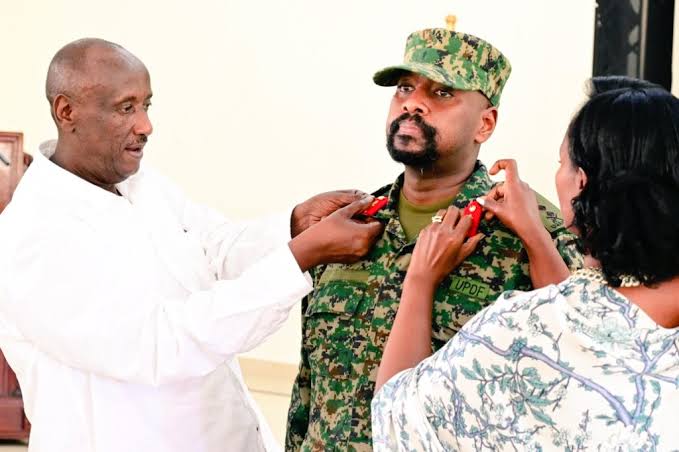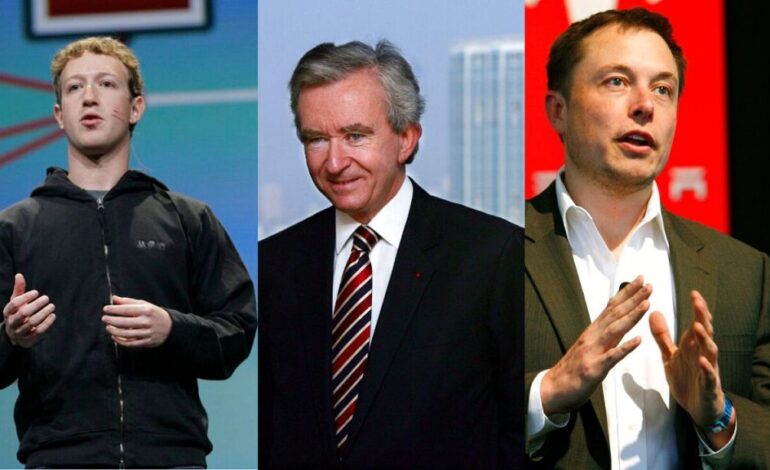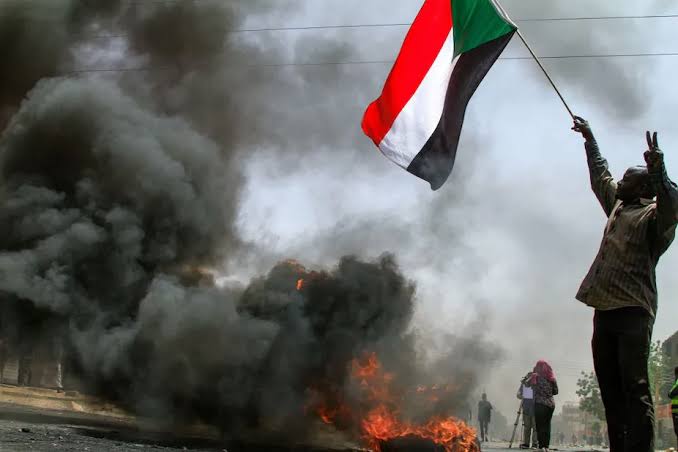
Faith Nyasuguta
Senior British government officials have extended congratulations to Gen Muhoozi Kainerugaba, the newly appointed head of the Ugandan army, despite accusations of torture against him, sparking criticism labeled as “absurd” and “disappointing.”
At a meeting with British high commissioner Kate Airey and the British defense attache, Adm Sir Tony Radakin, Uganda’s new chief of defense forces and son of President Yoweri Museveni, received a congratulatory letter.
Kainerugaba and his father, who has been in power since 1986, face allegations of violence sponsorship and abuse of critics, with evidence of torture and arbitrary arrests filed to the international criminal court last July, which they have both denied.
“It’s really very absurd,” remarked Kakwenza Rukirabashaija, an award-winning satirical writer who claims to have been tortured in prison and now lives in exile due to his work that allegedly humiliated Museveni.

“With the situation in Uganda and the systematic rights abuses, we need to depend on foreign stakeholders- the British, the EU, the US- to exercise their extraterritorial obligations. I look at this as if the UK is condoning, and in agreement with, what Gen Kainerugaba is doing.”
Amos Katumba, an associate of opposition leader Bobi Wine, echoed this sentiment, expressing disappointment and questioning the UK’s stance given the allegations of kidnappings, abductions, torture, and killings of innocent Ugandans.
However, Andrew Mwenda, Kainerugaba’s spokesperson, defended his boss, stating, “Gen Kainerugaba does not believe in violation of human rights as a principle, so he cannot be involved in any violations of people’s rights.”
Following the meeting, the UK imposed sanctions on three Ugandan politicians, including the speaker of parliament, over corruption charges. While welcomed by lawyers and researchers as a strong message, they questioned why other human rights abuses, such as election-related violence and the anti-LGBTQ law, which includes the death penalty for certain same-sex acts, did not merit the same approach.

“You can’t focus on one set of human rights abuses and ignore another set,” emphasized Oryem Nyeko, a researcher at Human Rights Watch. “It would be great if Uganda’s partners – anybody who has a vested interest in human rights in Uganda – could take a holistic stance. It’s about human rights as a whole as opposed to certain facets.”
Uganda, a key Western ally in Africa, has received substantial security and development assistance from Britain and the US, emerging as a major hub of the gold trade in the region. Despite this, concerns arise regarding its commitment to human rights.
Activists warn that the UK’s engagement with Kainerugaba may tarnish its reputation for standing up for human rights.
“The UK is legitimizing and giving new life to a repressive regime. Human rights will worsen under Kainerugaba’s leadership of the army,” argued Andrew Karamagi, a Ugandan lawyer. “By cosying up to people like Kainerugaba, you worsen your image in countries like Uganda and beyond.”
In response, a spokesperson for Britain’s Ministry of Defence and Foreign Office defended the engagement, stating, “It is standard protocol for the chief of the defense staff to write to incoming chiefs of defense of other nations.”
“The UK engages with all levels of the Ugandan government on shared interests, including the Uganda People’s Defence Force’s deployment to the African Union transition mission in Somalia, to which Uganda is the largest troop-contributing country.”
RELATED:




